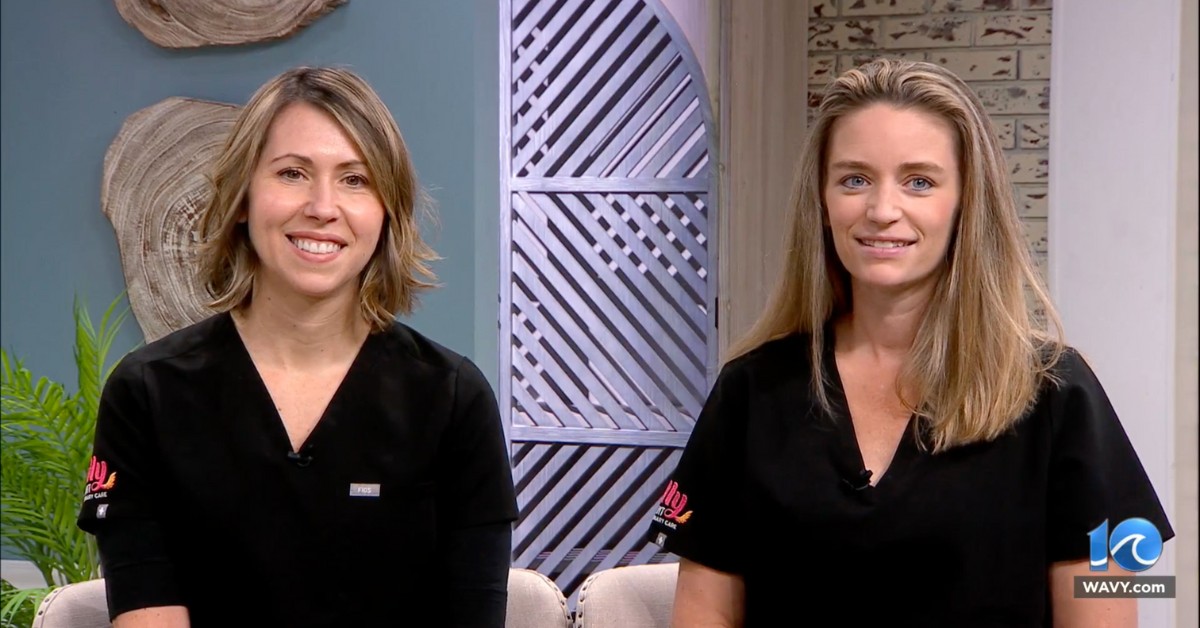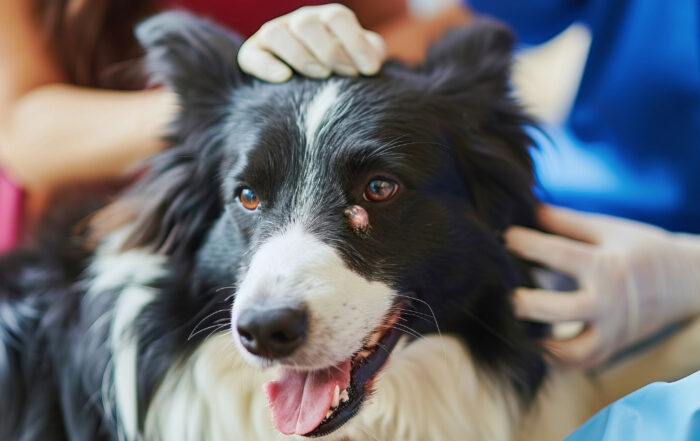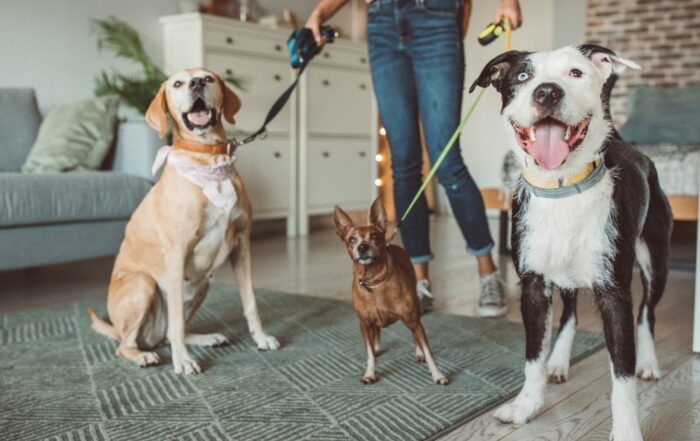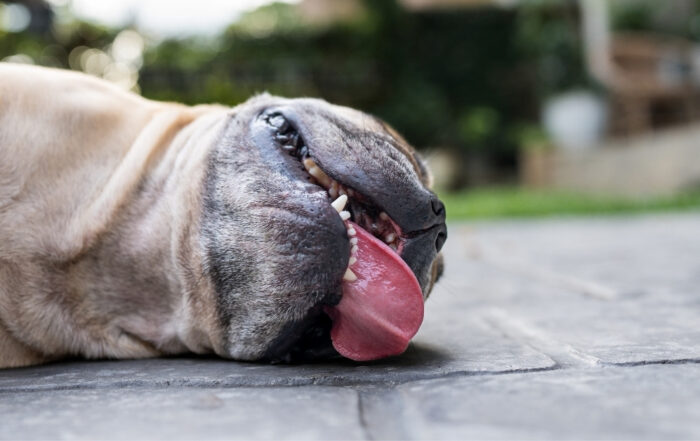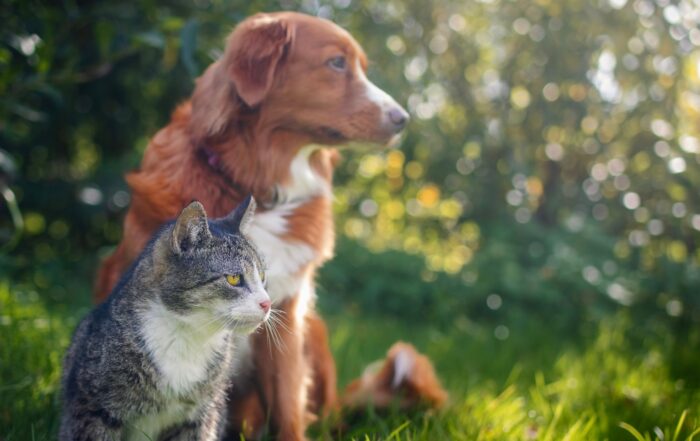Urgent vs. Emergency Care for Pets
Thanks to WAVY-TV for having Ally on the Hampton Roads Show! Get to know Ally Urgent Veterinary Care owners, Dr. Heather Brookshire and Dr. Ashley Powell, learn about their reasons for opening, the conditions they do (and don’t) treat and their dedication to filling the animal care gap in Coastal Virginia.
Watch The Hampton Roads Show’s full segment with Chris Reckling here, press play on the embedded video, or read the Q&A recap below.
Q&A Recap
A new veterinary urgent care practice is now serving the Coastal Virginia area, and its owners are passionate about their reasons for launching their business. Dr. Heather Brookshire, a veterinary ophthalmologist, and Dr. Ashley Powell, a veterinarian, opened Ally Urgent Veterinary Care in Virginia Beach to support the region’s overloaded veterinary practices and emergency hospitals. In addition, they want to be there for veterinary workers as well—as a community of “vets helping vets and pets.”
What sets Ally Urgent Veterinary Care apart from other urgent care practices?
- As owners of our own practices, we know the demand and work pressures that members of our community face every day on the job.
- We developed Ally Urgent Veterinary Care with both family and emergency veterinarians at the core of our mission.
- We know how much time our colleagues work, under trying circumstances. Everyone needs a break from time to time, and our practice is here to support them—as an ally.
- To learn more about Ally and founders, visit our About page.
Explain the difference between urgent and emergency care.
- Urgent care is for pets that need to be seen quickly, but the condition is not life-threatening and doesn’t require surgery. This would everything from allergic reactions and bite wounds, to vomiting and conditions when your pet seems “off” in some way. We can treat these urgent care conditions.
- Emergency care would include choking, excessive bleeding, seizures or trauma from being hit by a car, for instance. Ally does not handle these types of conditions; this is when you should take your pet to the ER.
- For more details on common conditions Ally does (and does not) treat, visit our Conditions We Treat page.
Why are so many practices overloaded with cases?
- There’s been a dramatic increase in pet ownership since the COVID-19 pandemic when more people adopted pets during lockdown. While most practices are now back to their pre-pandemic operating protocols, the demand for pet care remains.
- In this field, the hours are long and staff burnout is high. Even before the pandemic, veterinary providers dealt with overload and compassion fatigue.
- We want Ally to be part of the solution by providing another urgent care option to lighten the load of our collages.
That’s where “vets helping vets and pets” comes in.
- In addition to providing another urgent care option for our colleagues, we want to recognize the emotional aspects of working in this field.
- Veterinary professionals are 2-3 times more likely to die by suicide than the general population.
- For our employees we offer mental health services. We’re mentoring young professionals entering the field. And we’re supporting organizations such as Not One More Vet, a non-profit that promotes mental wellness for the veterinary community.
Find out more about Ally Urgent Veterinary Care in this interview on WAVY-TV’s “Hampton Roads Show.”
Locally women-owned and operated, Ally Urgent Veterinary Care provides non-emergency care for pets that need to be seen quickly—and support for general veterinary practices and emergency hospitals. By providing a referral option for patient care that is urgent, but not life-threatening, they hope to lighten the load of their colleagues. A community of “vets helping vets and pets,” the practice serves Coastal Virginia pets, pet owners and the veterinary community with love, kindness and backup help when they need it.
Recent Posts

